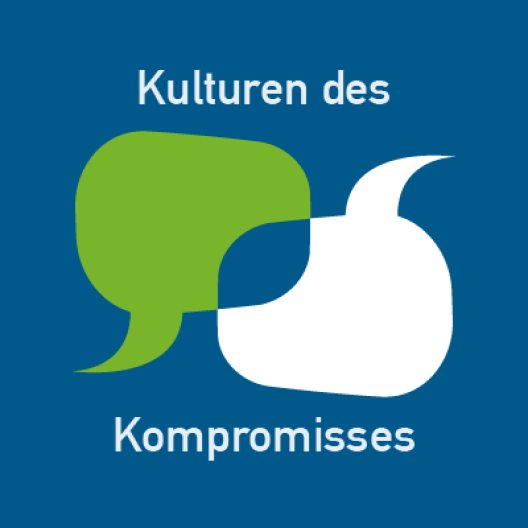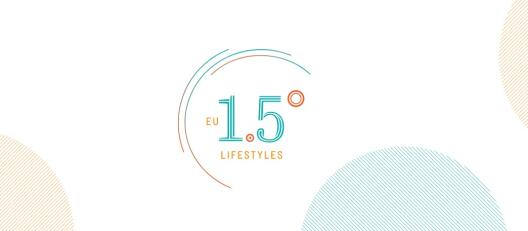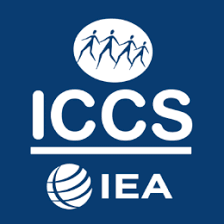Projects
The following CONCREDE-related projects are currently in progress.
The following CONCREDE-related projects are currently in progress.

The collaborative research initiative “Agonistic Plurality – AgonPlur” studies the dynamic interrelationship between conflict, conflict regulation and civic education. Our guiding premise is the following: deep ontological, normative, and epistemic disagreements and the fundamental conflicts that arise from them constitute a major challenge for contemporary pluralist societies. AgonPlur therefore seeks to gain a better understanding of such disagreements and their potentially conflictive nature.
Participants: U. Willems, I. van Ackeren-Mindl, U. Schneider (all as research leads), H.J. Abs, J. Bellmann, B. Buchenau, D. Fuchs, K. Göbel, J.M. Gurr, Th. Gutmann, S. Handro, P. Jugert, J. Kärtner, A. König, S. Manzel, N. Markard, F. Martinsen, J. Metag, M. Parreira do Amaral, K. Sina, C. Thein, O. Treib, H.H. Uslucan (all PIs)
Period: since 2022

The Cluster of Excellence of the University of Münster investigates the complex relationship between religion and politics across epochs and cultures, offering multiple links to AgonPlur. Religious diversity is a key component of pluralist societies; moreover religious beliefs explicitly and implicitly guide disagreements and conflicts.
Participants: Th. Gutmann (PI), U. Willems (PI), D. Fuchs, H.-H. Uslucan (both as further researchers)
Period: 2007-2025

Compromises do not come easy. In this joint project, researchers from the universities of Duisburg-Essen, Münster and Bochum are investigating the factors that enable or promote compromise across epochs and cultures. This focus on a specific strategy of conflict regulation is an important point of reference for the broader framework of our research project.
Participants: U. Schneider, U. Willems (both research lead, together with C. Goschler (RUB)), B. Buchenau, J.M. Gurr, Th. Gutmann, J. Metag, K. Sina, O. Treib (all PIs)
Period: 2022-2024

In this interdisciplinary project, representatives of literary studies, linguistics, science and technology studies and literature pedagogy work on the development of cultural models of climate futures. The focus lies on the exploration of intergenerational justice – a core area in which questions of agonal plurality are negotiated.
Teilnehmende: J.M. Gurr (Co-I)
Zeitraum: 2023-2026

The project explores how lifestyle choices affect carbon footprints and factors that constrain and enable sustainable living, helping to generate hard evidence on the impact of lifestyles on climate change.
Participants: D. Fuchs (Coordinator)
Period: 2021-2025

Responding to current challenges such as ecological crises, digital divides and a decline in political trust, this international consortium of researchers aims to enhance participation and civic engagement in democracies across Europe.
Participants: D. Fuchs, O. Treib
Period: 2023-2027

This international study assesses the factors in adolescents which are necessary to develop democratic attitudes and behaviors. Conversely, it also investigates risks to the developing ‘democratic mindset’. Focussing on 8th grade students, their teachers and principals, the study sheds a light on one of the institutions at the very heart of intergenerational education and socialization.
Participants: H.J. Abs (Coordinator)
Period: 2019-2024

The project investigates the factors that influence the quality of learning processes and learning outcomes. The interdisciplinary and international consortium is coordinated by the working group International and Comparative Educational Science at the Institute for Educational Science at the University of Münster.
Participants: M. Parreira do Amaral (PI/Coordinator)
Period: 2022-2026

Between 2020 and 2023, researchers from twelve universities in North Rhine-Westphalia dedicate themselves to the question of how digitization-related competencies of teachers can be strengthened. In innovative Communities of Practice (CoP), which form interfaces to decision-makers and practitioners, they develope resources along school needs and a prototype for the collaboration of science and (further) training practice.
Participants: I. van Ackeren-Mindl (lead applicant/project lead as vice-rector for teaching and learning)
Period: 2020-2023

The peaceful coexistence of different religious groups and non-religious people is a challenge to pluralistic societies. The graduate schools RePliR (2016-2020) and RePliV (2021-2024) address this challenge from different perspectives: RePliR focused on the Münsterland and the Ruhr area, RePliV pays special attention to the comparison of different religious communities, regions and countries.
Participants: U. Willems (lead, together with V. Krech (Bochum))
Period: 2016-2020, 2021-2024

Part of the German Department of Education’s Qualitätsoffensive Lehrerbildung, the projects focus on educators’ skills in dealing with heterogeneity and plurality in schools, implementing this dimension into university curricula for future teachers.
Participants: I. van Ackeren (lead; responsible as vice-rector for teaching and learning until 4/2022), S. Manzel, S. Handro (Co-I)
Period: 2016-2023